Case Study: Fitness Company Drives Growth With a Powerful Data Warehouse Solution
CDW Research Hub
MARCH 22, 2019
The analytics solutions set the stage for better business outcomes by: providing a new level of data custody enabling analysis and reporting on critical information. empowering franchisees to use data for business decision-making, and. establishing a foundation for future predictive and prescriptive analytics.









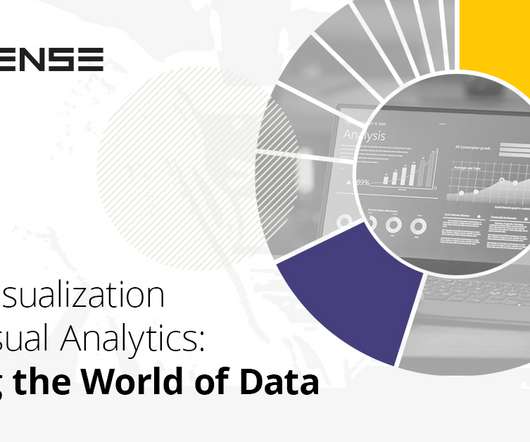
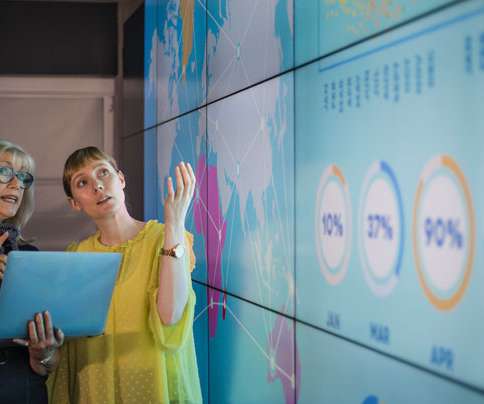
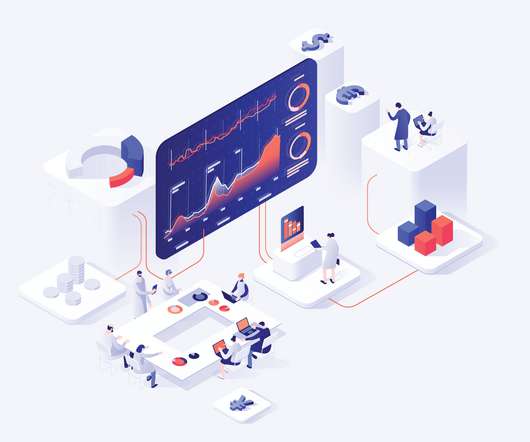
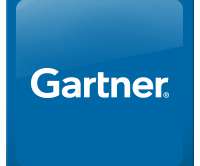
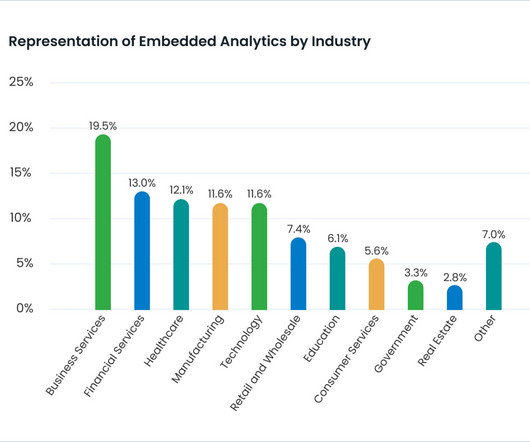








Let's personalize your content